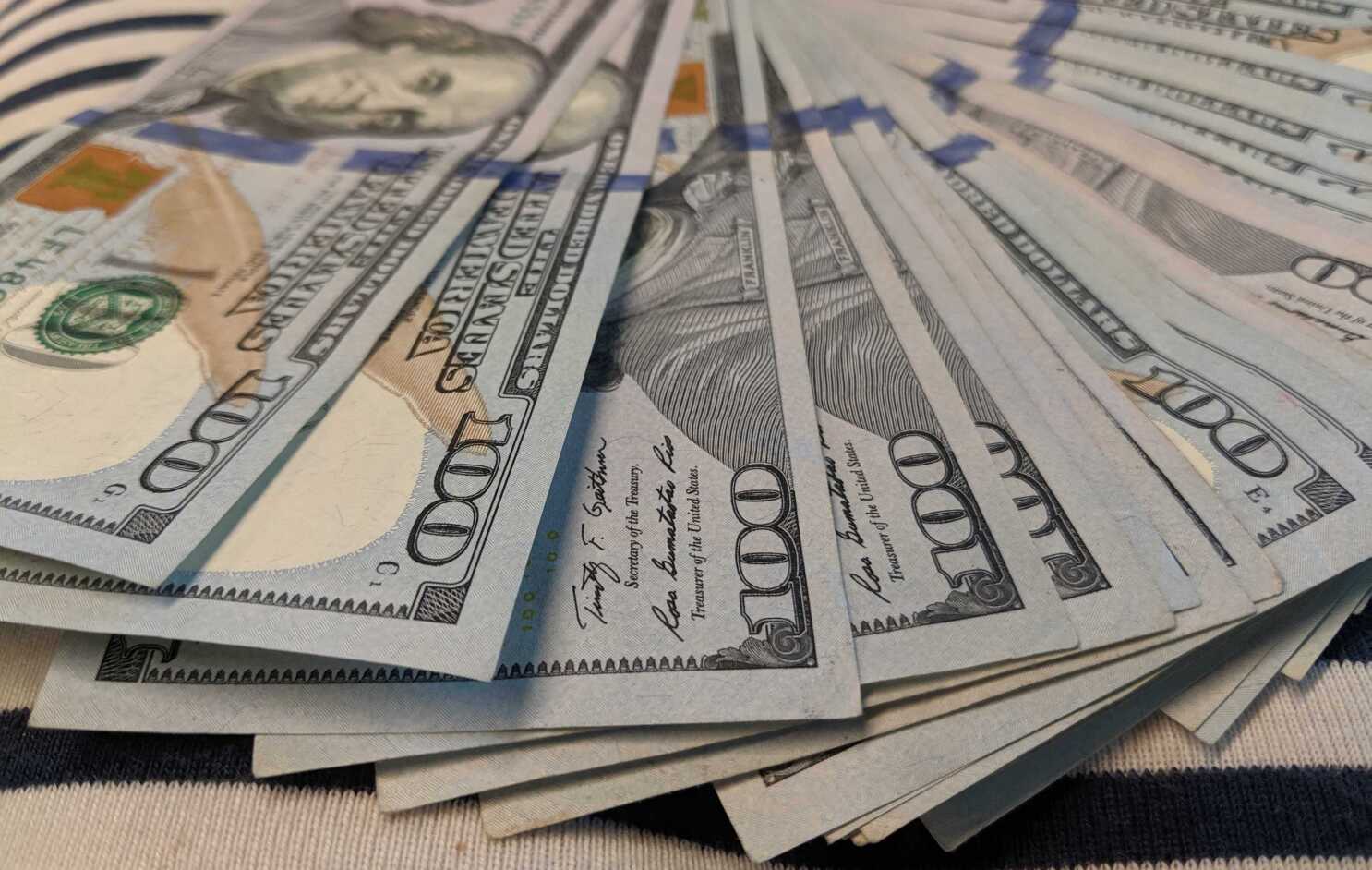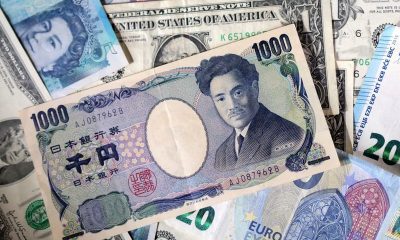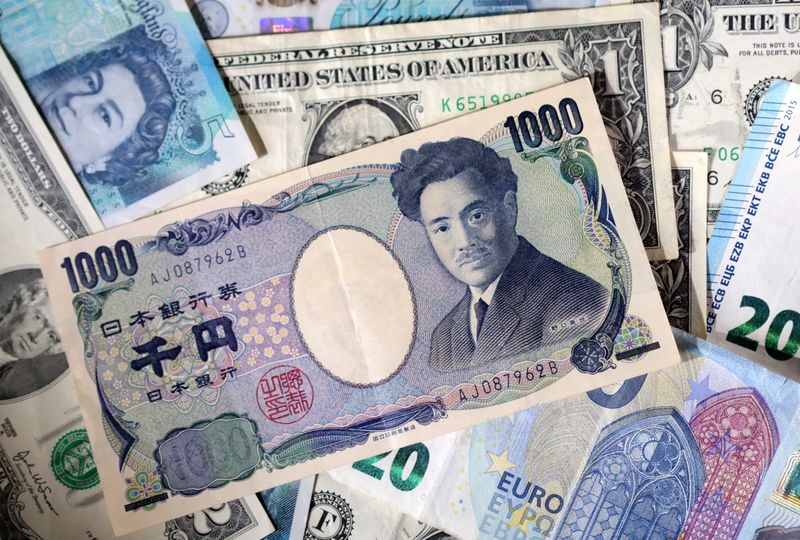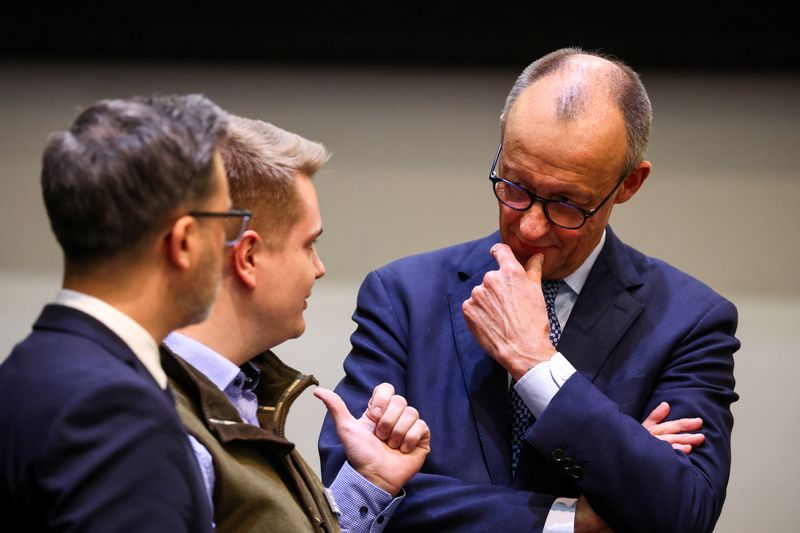Forex
The dollar is down again against major world currencies

The dollar is down again against the euro, the pound, and the yen, according to trading data.
The euro rose to $0.9913 from the previous close of $0.9882, the pound to dollar rose to $1.1357 from $1.1326;, and the dollar to yen fell to 144.56 yen from 144.63 yen. The dollar index (the exchange rate against a basket of currencies from six U.S. trading partners) was up 0.77 percent, to 110.92 points.
Why is the value of the dollar going down?
Investors will look forward to macrostatistical data on the U.S. labor market on Thursday and Friday. Later in trading will be the nation’s initial jobless claims for the week through October 1. Experts predict the index will increase by 10 thousand up to 203 thousand compared to the previous week.
Friday will release important statistics on unemployment in the USA. Analysts believe the rate in September remained at the August level of 3.7%, while the number of those employed in non-farm industries increased by 250,000.
Unemployment data is an important indicator for the U.S. Federal Reserve (Fed) in making rate decisions. The regulator has repeatedly stated its willingness to fight high inflation, since the beginning of the year, the key rate has been raised five times; in November, the markets expect another increase. According to the CME Group, 66% of analysts are predicting another 75 basis point increase to 3.75-4%, while the remaining 34% are predicting a 50 basis point increase.
Earlier we talked about Copper and Zinc rising in price after new LME restrictions; and Aluminum exceeding $2,400 a ton.

 Forex4 years ago
Forex4 years agoForex Today: the dollar is gaining strength amid gloomy sentiment at the start of the Fed’s week

 Forex3 years ago
Forex3 years agoUnbiased review of Pocket Option broker

 Forex3 years ago
Forex3 years agoDollar to pound sterling exchange rate today: Pound plummeted to its lowest since 1985

 Forex4 years ago
Forex4 years agoHow is the Australian dollar doing today?

 Cryptocurrency4 years ago
Cryptocurrency4 years agoWhat happened in the crypto market – current events today

 World3 years ago
World3 years agoWhy are modern video games an art form?

 Commodities3 years ago
Commodities3 years agoCopper continues to fall in price on expectations of lower demand in China

 Economy3 years ago
Economy3 years agoCrude oil tankers double in price due to EU anti-Russian sanctions



























